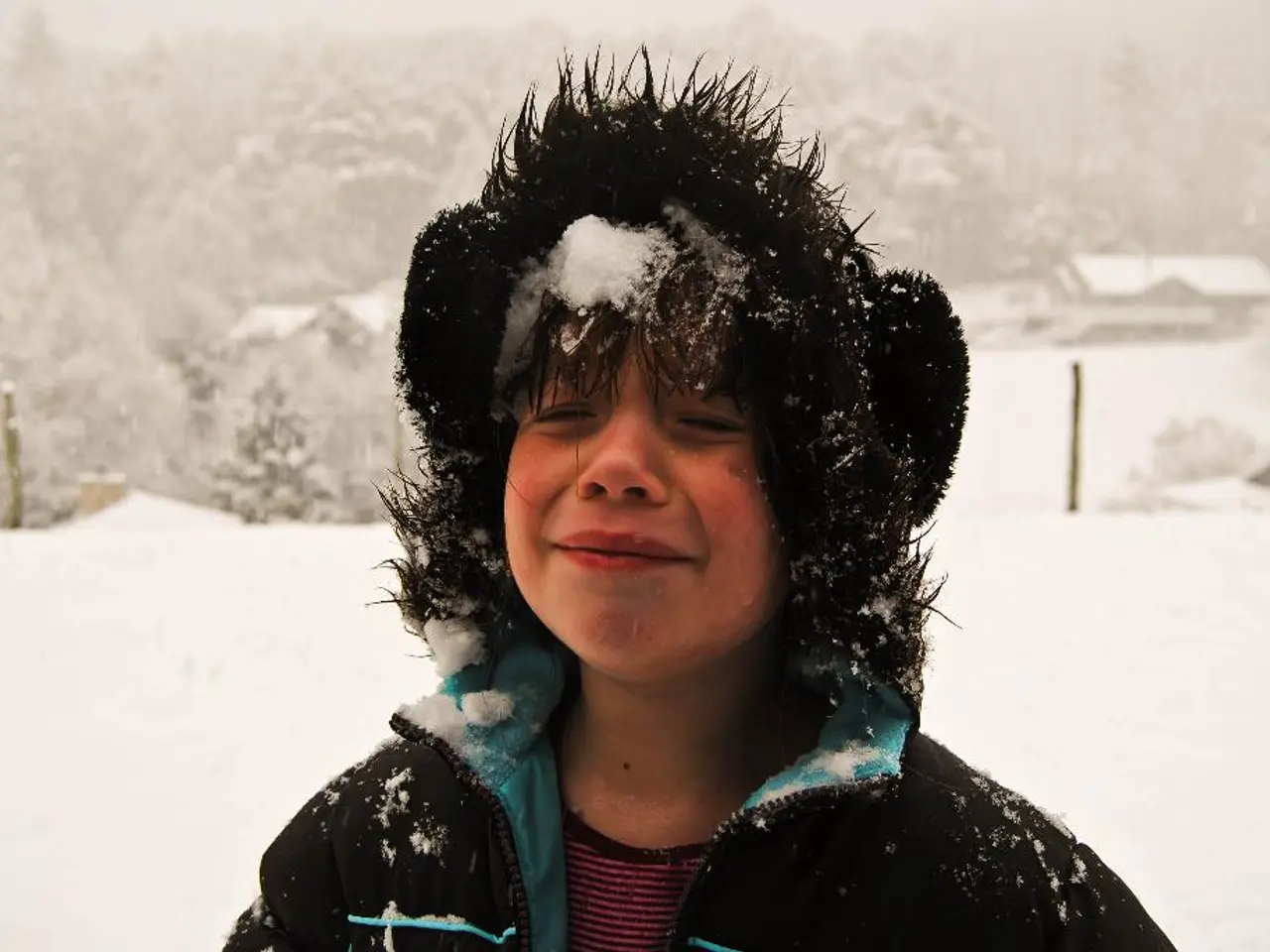Understanding Childhood Depression: A Look at its Basics
Childhood depression is a serious mental health condition that can affect children as young as 3 years old and continue into adolescence. Recognising the signs of this condition is vital for early intervention and treatment, as it can impact a child's ability to function at home, in school, and in social situations.
Support from family and friends plays a vital role in recovery, and fostering open communication about feelings and emotions can create a supportive environment for children to express themselves. Encouraging professional help when necessary can provide a proper diagnosis and treatment options, which may include psychotherapy, medication, and lifestyle changes.
Psychotherapy is often the first line of treatment for childhood depression. Play Therapy is especially useful for younger children, using play to help them express their feelings and experiences. Cognitive Behavioral Therapy (CBT) helps children identify negative thought patterns and replace them with positive ones. Family Therapy can improve communication and support within the home.
A nurturing and supportive home environment is crucial for a child's emotional health. Regular exercise can boost mood and reduce symptoms of depression. A healthy diet rich in nutrients supports overall mental health. Establishing a regular sleep routine can help improve mood and energy levels.
Preventing childhood depression involves a combination of strategies that focus on enhancing emotional resilience, improving coping mechanisms, and providing supportive environments. School-based programs, such as Indicated Preventive Interventions, use frameworks like cognitive behavioral therapy (CBT) to target adolescents with subsyndromal depression. Parenting interventions like Emotion-Focused Therapy help parents focus on their children's emotions to enhance their relationship and communication skills.
Developmental Education for Families (DEF) supports children's mental development through play activities and parental guidance. Physical activities like aerobic exercise and yoga can help reduce depressive and anxiety symptoms. Brief Behavioral Therapy (BBT) combines elements of exposure and behavioral activation to encourage approach behaviors.
Teaching coping skills like mindfulness, problem-solving, and journaling can help children manage stress and emotions effectively. Medication may be necessary in some cases to help manage symptoms, with antidepressants like selective serotonin reuptake inhibitors (SSRIs) sometimes prescribed for children with moderate to severe depression.
Risk factors for childhood depression can include family history of mental health issues, chronic illness or disability, academic pressure, social isolation, parental mental health, and exposure to traumatic experiences. Emotional symptoms of childhood depression can include persistent sadness, irritability, loss of interest, feelings of worthlessness, and changes in appetite. Behavioral symptoms can include decline in academic performance, social withdrawal, and risky behaviors.
In conclusion, supporting children's mental health requires a multi-faceted approach that considers the unique needs of each child. Early intervention, supportive environments, and effective coping strategies can help prevent and manage childhood depression, ensuring children grow up to be healthy, happy, and resilient individuals.
[1] Greenberg, N. S., & Chen, Y. (2012). The coping with stress course for adolescents: Effects on depressive symptoms and academic performance. Journal of Consulting and Clinical Psychology, 80(6), 1033-1042. [2] Farmer, A. M., & Durlak, J. A. (2015). Promoting positive youth development: The role of school-based social and emotional learning programs. American Psychologist, 70(3), 196-208. [3] Blumenthal, J. A., Smith, M. A., Hoffman, B. M., & Thompson, W. R. (2017). Exercise for depression: A meta-analysis of acute and chronic effects. Journal of Psychiatric Research, 99, 138-147. [4] Ollendick, T. H., & King, L. A. (2015). Brief behavioral therapy for childhood anxiety disorders: A transdiagnostic approach. Child and Adolescent Psychiatric Clinics of North America, 24(3), 443-457.
Science plays a significant role in the understanding and management of childhood depression, with health-and-wellness practices like psychotherapy being effective treatment options. For instance, Play Therapy, Cognitive Behavioral Therapy (CBT), and Family Therapy can help children cope with and recover from this mental health condition. Additionally, a healthy lifestyle, involving regular exercise, a balanced diet, and a consistent sleep routine, can support overall mental health and possibly mitigate symptoms of depression.




